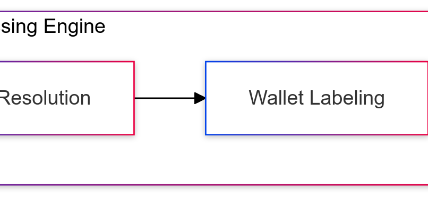What is an Expiration Date?
An expiration date is a predetermined date specified in the contract at the time of its creation. For derivatives like options and futures contracts, this date marks the last day on which the holder of the contract can exercise their rights under the contract.
For example, in an options contract, the expiration date is when the option to buy or sell an underlying asset at a specified price (strike price) must be exercised or will lapse. Similarly, for futures contracts, it is the date by which the buyer must take delivery of the underlying asset or settle in cash.
Understanding this concept is vital because it sets a clear timeline for traders to make decisions about their positions.
Types of Expiration Dates
American-Style vs. European-Style Expiration Dates
There are two primary types of expiration dates: American-style and European-style.
-
American-style contracts can be exercised at any time up to and including the expiration date. This flexibility allows traders to act on favorable market conditions before the actual expiration.
-
European-style contracts, on the other hand, can only be exercised on the expiration date itself. This restricts traders to making decisions only on that specific day.
Expiration Dates in Options Trading
Options contracts have various expiration timelines:
-
Daily options: Expire at the end of each trading day.
-
Weekly options: Expire every Friday.
-
Monthly options: Typically expire on the third Friday of each month.
-
LEAPS (Long-Term Equity Anticipation Securities): These are long-term options that can have expirations up to three years from the date of issue.
The choice of expiration date depends on the trader’s investment horizon, risk tolerance, and overall trading strategy.
Expiration Dates in Futures Trading
In futures trading, expiration dates are critical as they determine when the contract will be settled. Settlement can occur through either cash settlement or physical delivery of the underlying asset. For instance, a futures contract for crude oil might require physical delivery of oil barrels upon expiration.
Role of Expiration Date in Trading
The expiration date significantly impacts the value of both options and futures contracts. One key concept here is time decay (theta), which refers to how the value of an option decreases as it approaches its expiration date. Traders must factor in this time decay when making trading decisions.
Additionally, traders often use a strategy called “rolling over” contracts to maintain market exposure beyond the original expiration date. This involves closing out an existing position and opening a new one with a later expiration date.
Expiration Date and Risk Management
Understanding expiration dates is crucial for effective risk management. By using different expiration dates, traders can spread risk over various time periods and mitigate market volatility.
For example, a trader might use a combination of short-term and long-term options to hedge against potential price movements in the underlying asset. This strategy helps in managing risk more effectively by diversifying exposure across different time frames.
Finding and Managing Expiration Dates
Finding expiration dates for futures and options contracts is relatively straightforward:
-
Consult exchange websites where these contracts are listed.
-
Use trading platforms that provide detailed information about each contract.
Ignoring or forgetting an expiration date can have serious consequences, such as being obligated to settle in cash or take physical delivery of an asset. Therefore, it is essential to keep track of these dates meticulously.
Impact of Expiration Date on Trading Strategies
The expiration date influences trading strategies in several ways:
-
It affects option premiums: The closer an option gets to its expiration date, the less time value it holds, which can impact its premium.
-
It relates to volatility: Shorter-term options are generally more sensitive to volatility than longer-term ones.
Traders need to select the appropriate expiration date based on their trading objectives and risk profile. For instance, a day trader might prefer shorter-term expirations while a long-term investor might opt for LEAPS.





